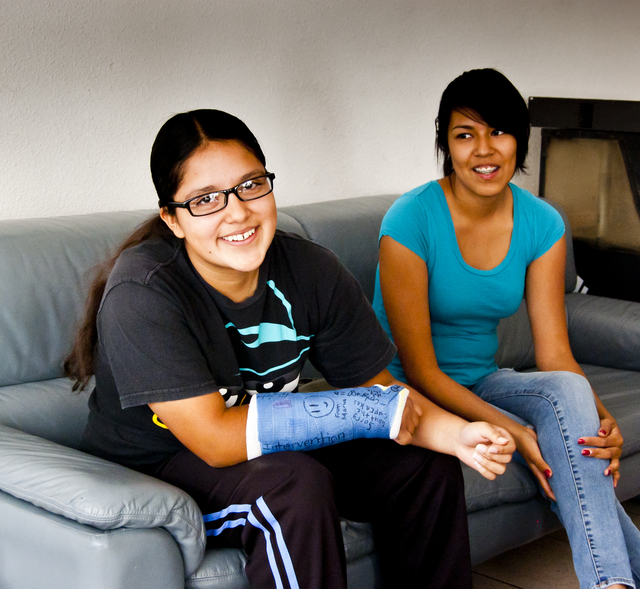Young Women Fight For Reproductive Justice
Young Women Tackle Reproductive Equity


Diana Garcia and Christian Redbird
Margaret Wright

Youth advocates (from left to right) Diana Garcia, Chrstian Redbird and Georgia West
Margaret Wright





